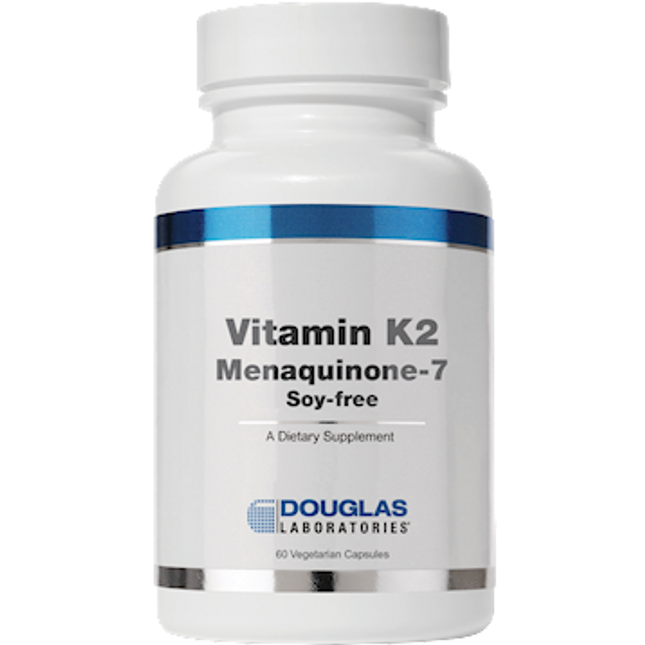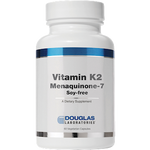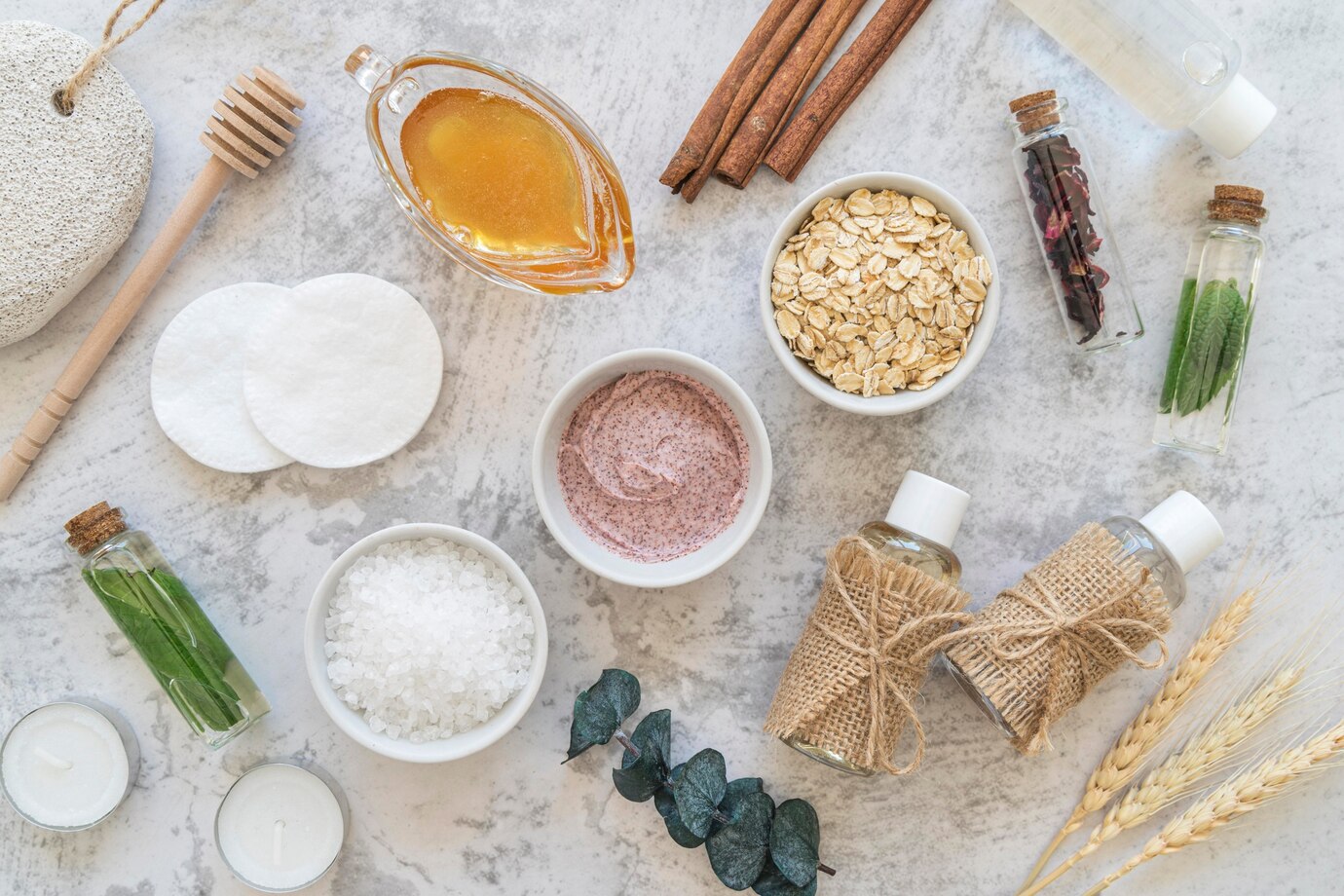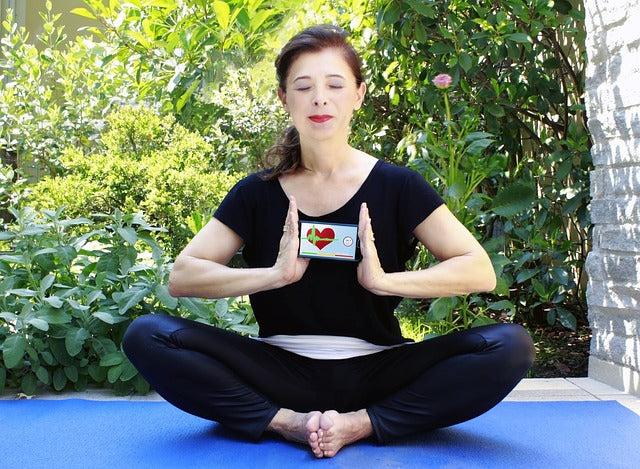Vitamin K


Vitamin K2 as MK-7 (soy-free)Vitamin K2 supplies a significant amount of biologically active vitamin K2 in the form of menaquinone-7 (MK-7). This product is soy-free and derived from plant-based geraniol and farnesol. Dietary ConsiderationsGluten FreeSoy FreeNon-GMO Serving Size: 1 Vegetable Capsule Servings Per Container: 60 Amount Per ServingVitamin K2 (as menaquinone-7)90 mcg Other Ingredients:Microcrystalline cellulose, hydroxypropyl methylcellulose (capsule), calcium citrate, vegetable stearate, silicaAs a dietary supplement, adults take 1 capsule daily or as directed by your health professional.- Soy FreeIf you are pregnant, nursing, have any health condition or taking any medication, consult your health professional before using this product. Consult a health professional prior to use if you are taking blood thinners.Keep out of reach of children. Store in a cool, dry place. Use only if safety seal is intact.
$37.40
Vitamin K Products
Vitamin K supplements help in maintaining proper blood clotting factors, keeping bones healthy and helping ward off a wide variety of illnesses and problems for people of all ages. Vitamin K is a fat soluble vitamin that comes in two naturally occurring forms: K1 and K2. Vitamin K1 can be found in many foods. Vitamin K2 is produced within the large intestine by intestinal bacteria. There are also synthetic forms of vitamin K (K3, 4 & 5) which are used medicinally. Vita Living offers Allergy Research Group Full Spectrum Vitamin K, Life Extension Super K and an impressive selection of strengths, forms and combinations of K vitamin supplementation.
Although medical professionals sometimes say that people are not likely to suffer a shortage of vitamin K because it is produced by the body, it is important to remember that it is only vitamin K2 that is produced by the body. Additionally, this process can be interfered with by improper diet, long term antibiotic use, liver disease and other circumstances. For this reason, it is a good idea to supplement natural vitamin K1 and to maintain a healthy diet that includes green, leafy vegetables, cruciferous vegetables such as cabbage, cauliflower and broccoli, and fruits such as grapes, kiwi and avocado. Parsley is especially high in vitamin K1 and should be included in the diet on a regular basis. In addition to supplementation, good natural sources of vitamin K2 include dairy products, eggs, meats and a fermented soybean food source known as Natto. Avoiding vitamin K deficiency amounts to avoiding such problems as excessive bleeding, osteoporosis and cancer. Additionally, a proper balance of vitamin K helps regulate metabolism and assist in proper production and use of insulin. For this reason, regular use of a high quality vitamin K supplement is highly recommended for optimum health. If you are taking blood thinners, please consult your physician before taking Vitamin K since it also acts as a natural blood thinner.
Blog posts
-

in Wellness Collagen: Your Key to Healthy Joints, Skin, and Hair
Collagen is a protein that plays a vital role in maintaining the health and integrity of our joints, skin, and connective tissues. Our collagen production...
-

in Wellness Natural solutions for stress management
As you navigate the complexities of stress and anxiety, you might consider supplements for anxiety as a natural approach to bolster your mental health. Like...
-

in Wellness 11 Natural Eczema Remedies You Should Try
Eczema, a word that often brings to mind images of red, itchy, and inflamed skin, is a condition that plagues many. It is a term...
-

in Wellness Women’s Heart Health Guide
Heart disease affects millions of women each year .Eating a healthy diet, getting enough exercise, and reducing your stress levels can reduce the risk of developing it.






